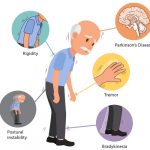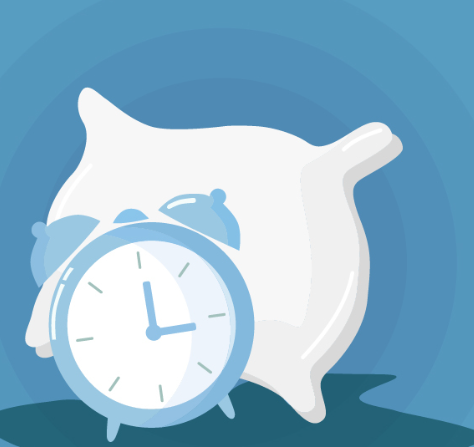By Dr.Manvir Bhatia| Ananya| 8th September 2023

Sleep is a very important part of our life. We need optimum sleep regularly for healing, resting, memory consolidation, and our general well-being. Nutrition is a key factor that affects our sleep parameters. Consuming a high protein diet rich in essential amino acids, food with low glycemic index and fruits rich in antioxidants have a healthy and positive impact on sleep.
In technical terms, nutrition mainly comprises of :
Macronutrients – Carbohydrates, proteins, fats, fibers, amino acids and water are a part of it.
Minerals – These are essential to run the body machinery. Some of them may be required in relatively large amounts in our diet (macrominerals: e.g. calcium, sodium, phosphorous, magnesium) while some are required in trace amounts(microminerals: e.g. zinc, cobalt, iron, iodine, etc.).
Vitamins – This includes vitamins A, C, D, E, K, and the group of B complex.
There is a deep link between sleep and eating habits. We tend to eat more when we are tired and sleep-deprived. The foods you eat and your dietary habits can have both positive and negative effects on your ability to fall asleep, stay asleep, and wake up feeling refreshed. Here are some key aspects of the role of nutrition in sleep:
Melatonin Production: Melatonin is a hormone that regulates the sleep-wake cycle. Certain foods, such as tart cherries, contain natural melatonin or melatonin precursors. Consuming these foods may help increase melatonin levels in the body and promote better sleep.
Tryptophan: Tryptophan is an amino acid found in various foods, including chicken, nuts, and seeds. It is a precursor to serotonin, which is further converted into melatonin. Consuming tryptophan-rich foods can support the production of these sleep-promoting neurotransmitters.
Carbohydrates: Consuming complex carbohydrates, such as whole grains, sweet potatoes, and quinoa, can help improve sleep. These foods can increase the availability of tryptophan in the brain, which can promote better sleep.
Caffeine and Stimulants: Limiting or avoiding caffeine and stimulants in the hours leading up to bedtime is essential for good sleep. Caffeine can interfere with the ability to fall and stay asleep.
Alcohol: While alcohol can initially make you feel drowsy, it disrupts the sleep cycle and can lead to poor-quality sleep. It’s best to avoid alcohol close to bedtime.
Hydration: Dehydration can lead to discomfort and may disrupt sleep. However, consuming large amounts of liquids right before bed can result in nighttime awakenings to use the bathroom. Aim for adequate hydration throughout the day and consider reducing fluid intake in the hours before bedtime.
Meal Timing: Eating large, heavy meals close to bedtime can cause discomfort and indigestion, making it difficult to fall asleep. It’s advisable to have your largest meal earlier in the evening and opt for a light snack if you’re hungry before bedtime.
Balanced Diet: Overall, maintaining a balanced diet with a variety of nutrients is crucial for overall health, including sleep. Nutrient deficiencies can lead to sleep disturbances, so it’s important to get a sufficient intake of vitamins and minerals through your diet.
Food Sensitivities: Some individuals may have food sensitivities or allergies that can disrupt sleep. Common culprits include gluten and dairy. If you suspect food sensitivities are affecting your sleep, consider discussing this with a healthcare professional.
Meal Timing and Circadian Rhythms: Eating in sync with your body’s natural circadian rhythms can also impact sleep. Regular meal timing can help regulate your internal clock and promote better sleep patterns.
It is advisable to avoid food with high fat and protein content before bed time. This makes our stomach feel too full and also disrupts sleep. Also, we should avoid food which is too spicy as it tends to cause painful heartburns and might complement OSA.
Hence, we can conclude that it is very important to keep in mind what food we eat and when we eat. Also, it is very important to remember that individual responses to food and sleep can vary. Therefore, it is essential to pay attention to your own body’s signals and make dietary adjustments as needed to improve your sleep. If you consistently struggle with sleep issues, it’s a good idea to consult a healthcare professional for personalised guidance.
References:
Pattnaik, H., Mir, M., Boike, S., Kashyap, R., Khan, S. A., & Surani, S. (2022). Nutritional Elements in Sleep. Cureus, 14(12), e32803. https://doi.org/10.7759/cureus.32803
Binks, H., E Vincent, G., Gupta, C., Irwin, C., & Khalesi, S. (2020). Effects of Diet on Sleep: A Narrative Review. Nutrients, 12(4), 936. https://doi.org/10.3390/nu12040936











